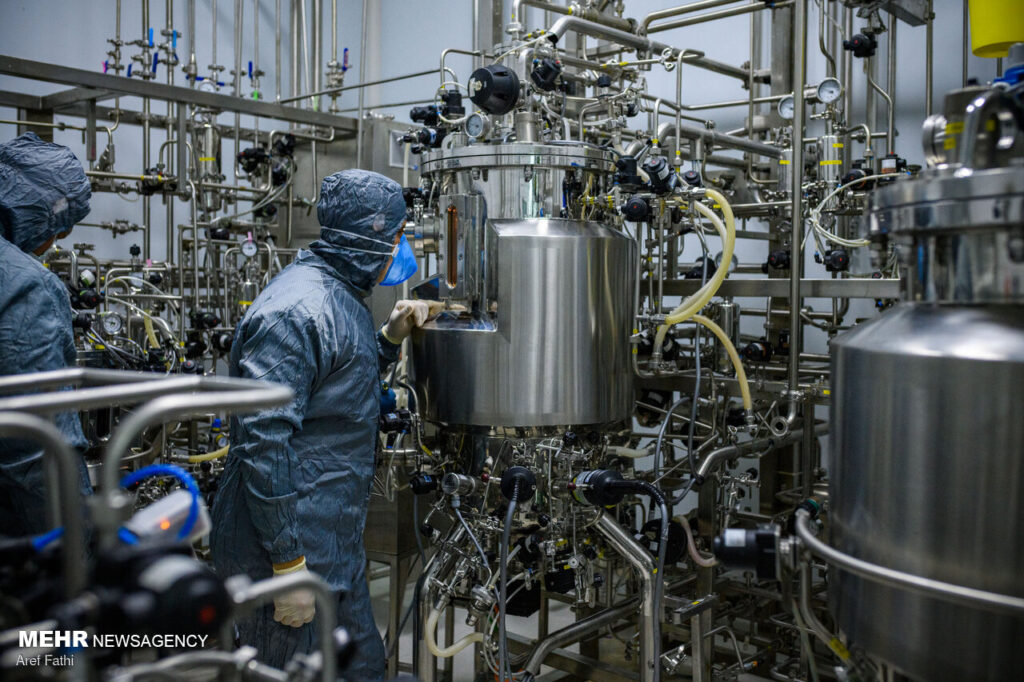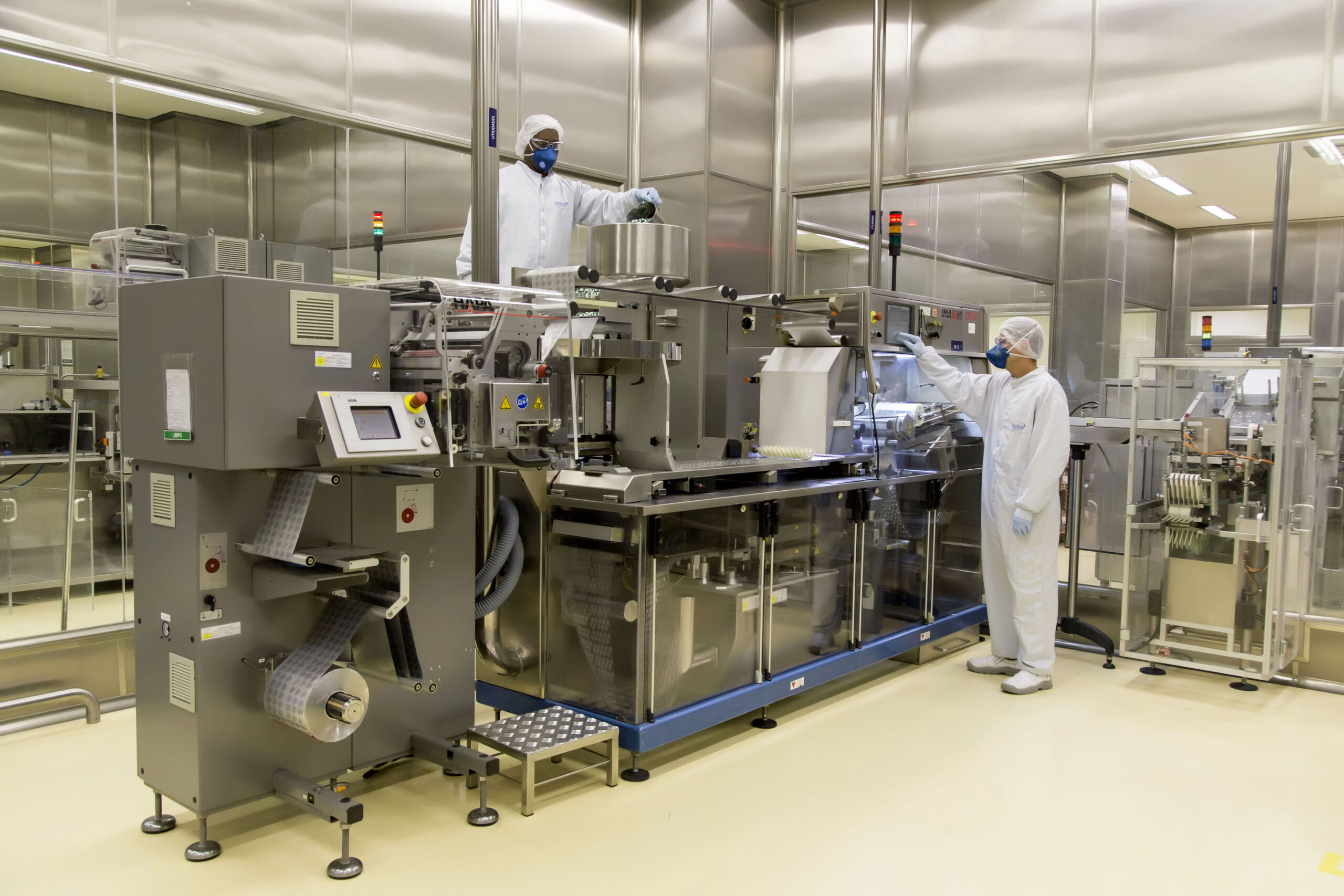Generic Drug Manufacturing – Generic drugs play a pivotal role in providing affordable and accessible medication to millions of people worldwide. Understanding the intricate process of how these drugs are made sheds light on their importance and functionality within the pharmaceutical industry.
Generic Drug Manufacturing / Generic Drug Manufacturing

Introduction to Generic Drugs
Definition and Purpose
Generic drugs are pharmaceuticals developed to be bioequivalent to brand-name drugs in dosage form, safety, strength, quality, performance, and intended use. They offer cost-effective alternatives to their brand-name counterparts, providing consumers with access to equally effective medications at lower prices.
Historical Context
The concept of generic drugs traces back to ancient civilizations, where healers and apothecaries produced similar remedies to treat illnesses. However, the modern formulation and regulation of generics began in the 20th century, gaining prominence in the latter half of the century due to escalating healthcare costs.
The Process of Making Generic Drugs
Overview of the Generic Drug Development Process
The journey of a generic drug from concept to the pharmacy shelf involves rigorous steps to ensure its equivalence to the original brand-name drug. Initially, a pharmaceutical company identifies a brand-name drug whose patent is set to expire, signaling an opportunity to produce a generic version.
Bioequivalence and its Significance
The cornerstone of generic drug approval is demonstrating bioequivalence to the brand-name drug. Bioequivalence ensures that the generic version performs in the same way as the original, guaranteeing similar efficacy and safety profiles.
Active Pharmaceutical Ingredients (APIs)
Sourcing and Selection
The first step in manufacturing generic drugs involves sourcing the active pharmaceutical ingredients (APIs). Companies either synthesize APIs or procure them from reliable suppliers, ensuring high quality and compliance with regulatory standards.
API Manufacturing Process
The manufacturing process for APIs undergoes stringent quality control measures to maintain consistency and purity. This phase demands adherence to Good Manufacturing Practices (GMP) to produce APIs that meet required specifications.
Formulation Development
Creating Drug Formulations
Once the APIs are obtained, the formulation development stage begins. Scientists work to create formulations that mirror the brand-name drug’s composition while meeting regulatory standards.
Ensuring Bioequivalence
Extensive testing follows formulation development to verify bioequivalence. This involves comparative studies between the generic and brand-name drugs to validate their similarity in absorption rates and effects.
Regulatory Approval and Testing
FDA Regulations
Before a generic drug reaches the market, it undergoes rigorous evaluation by regulatory bodies such as the U.S. Food and Drug Administration (FDA). The FDA assesses the drug’s safety, efficacy, and quality through a comprehensive review process.
Quality Control and Assurance
Manufacturers must adhere to strict quality control measures throughout the production process. Regular inspections and testing ensure that the drugs consistently meet established standards.
Generic Drug Pricing
Factors Influencing Pricing
One of the primary appeals of generic drugs is their affordability. Factors influencing their lower prices include the absence of research and development costs, competition among manufacturers, and market demand.
Cost Savings for Consumers
The availability of generic drugs significantly reduces healthcare costs for consumers, making essential medications more accessible and affordable.
Misconceptions About Generic Drugs
Efficacy and Safety Concerns
Despite their proven bioequivalence, misconceptions persist regarding the efficacy and safety of generic drugs. These concerns often stem from misinformation and lack of understanding about the stringent regulatory processes.
Debunking Myths
Scientific evidence overwhelmingly supports the efficacy and safety of generic drugs. Through education and awareness, misconceptions can be dispelled, allowing consumers to benefit from these cost-effective alternatives confidently.
The Importance of Generic Drugs in Healthcare
Accessibility and Affordability
Generic drugs enhance healthcare accessibility by offering affordable treatment options. They play a pivotal role in improving public health by ensuring a wide range of medications is accessible to diverse populations.
Global Impact
The availability of generic drugs extends beyond local communities, positively impacting global healthcare by addressing medication affordability on a larger scale.
Future Trends in Generic Drug Production
Technological Advancements
Advancements in technology, including innovative manufacturing techniques and analytical methods, are poised to further streamline and enhance the production of generic drugs.
Market Growth
The global market for generic drugs continues to expand, driven by the increasing demand for cost-effective medications and favorable regulatory frameworks.
Conclusion
In conclusion, the process of making generic drugs involves a meticulous journey of research, development, testing, and regulatory scrutiny. These drugs serve as vital alternatives, ensuring widespread accessibility and affordability of essential medications, contributing significantly to global healthcare.
FAQs
- Are generic drugs as effective as brand-name drugs?
- Generic drugs are required to demonstrate bioequivalence to brand-name drugs, ensuring their effectiveness and safety.
- Why are generic drugs more affordable?
- Factors such as competition among manufacturers and lower research and development costs contribute to the affordability of generic drugs.
- Are there any differences in quality between generic and brand-name drugs?
- Both generic and brand-name drugs must meet the same stringent quality standards set by regulatory authorities.
- How long does it take to develop a generic drug?
- The timeline for developing a generic drug varies but typically involves several years of research, testing, and regulatory processes.
- Can I switch from a brand-name drug to its generic version?
- In many cases, patients can safely switch from a brand-name drug to its generic equivalent, but consulting a healthcare professional is advisable.




